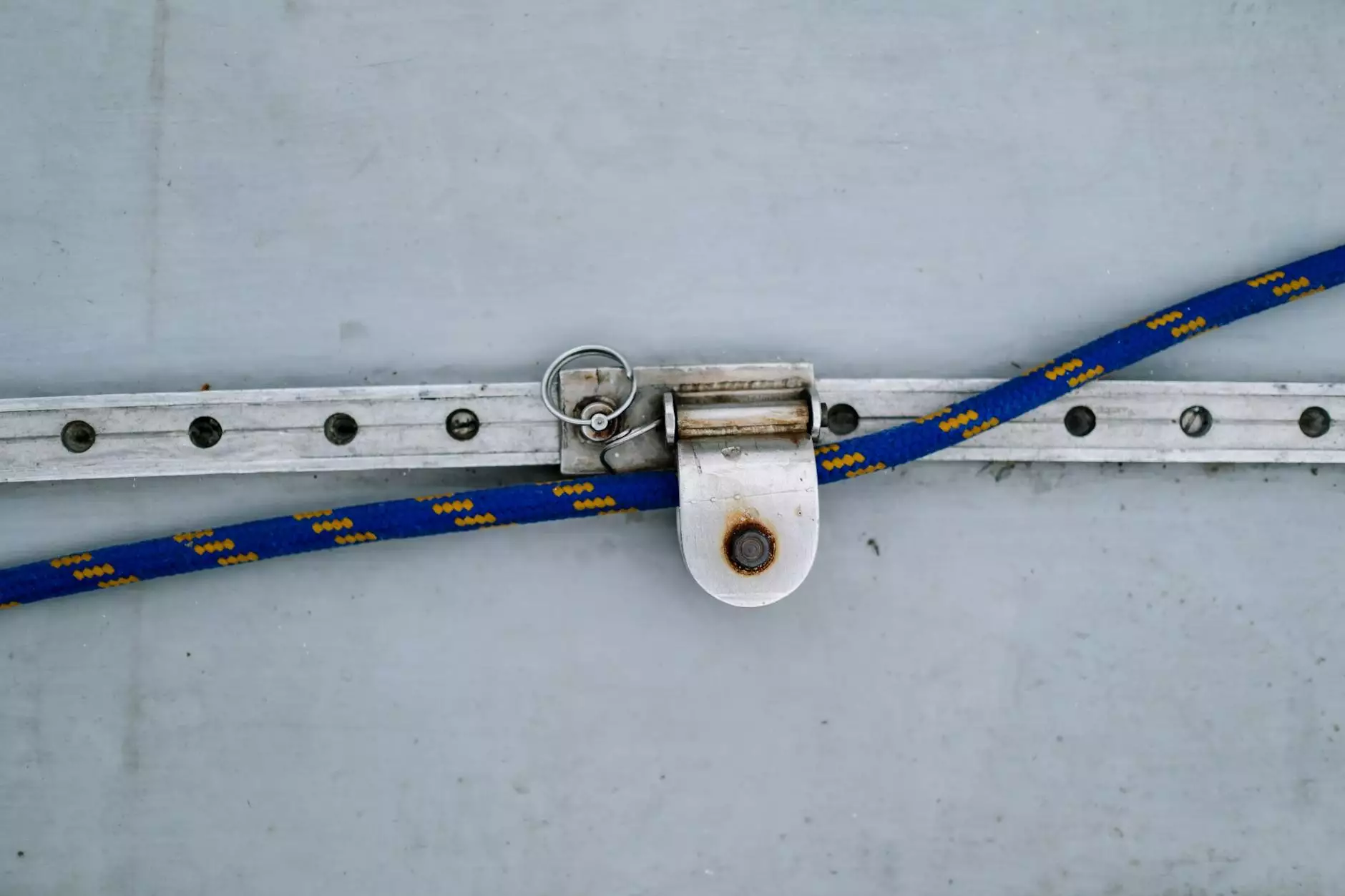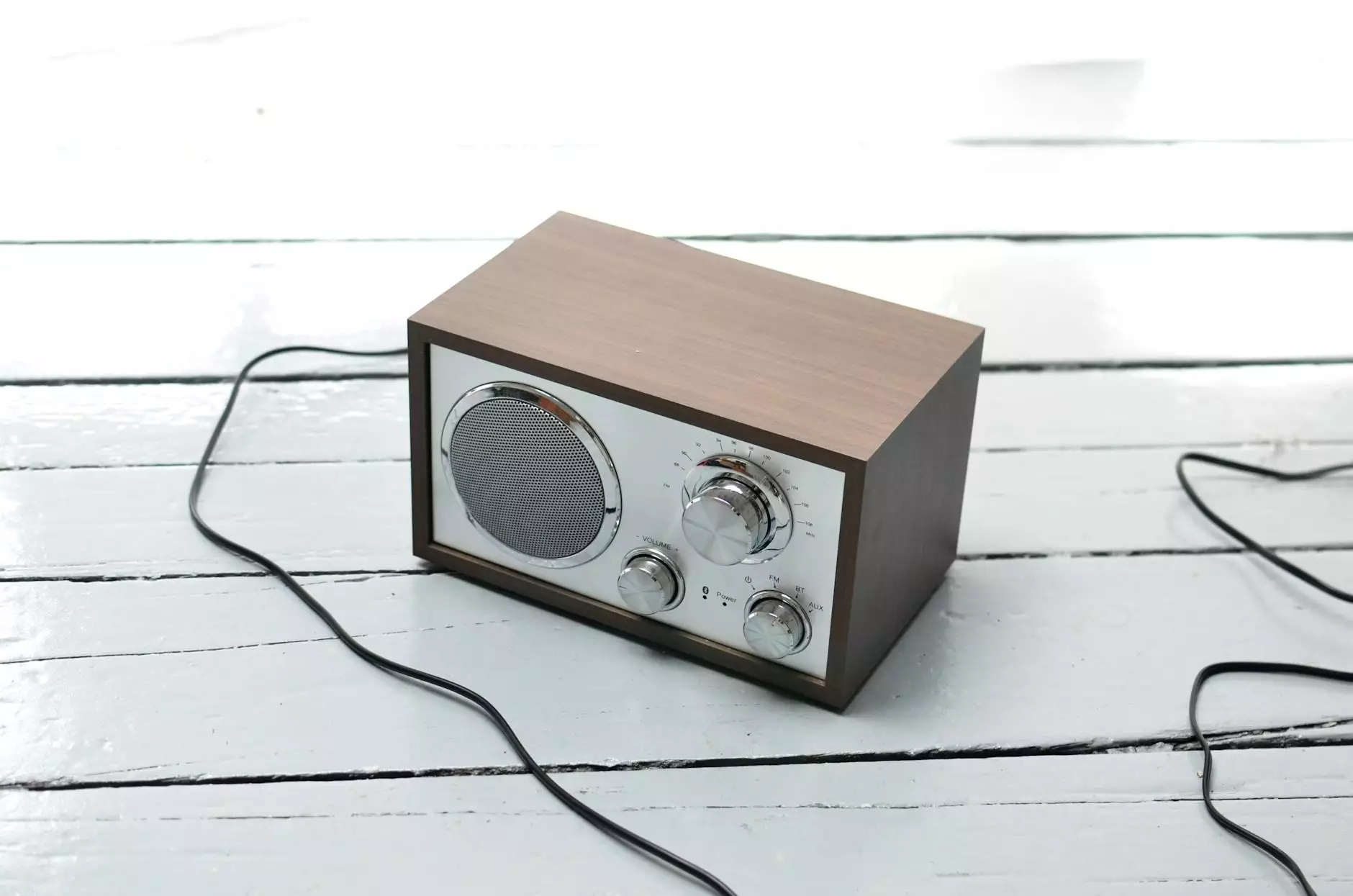Understanding Door Lock Mechanisms: A Comprehensive Guide

In the world of security and safety, the door lock mechanism is a critical player's role in protecting our homes and businesses. This article delves into the fascinating world of door lock mechanisms, exploring various types, their functioning, and essential tips on selecting the right locks to enhance security.
What is a Door Lock Mechanism?
A door lock mechanism is a mechanical device that secures a door, allowing authorized individuals to enter while keeping unauthorized access at bay. Door locks vary in complexity from simple locks that may only require a key to advanced electronic systems that utilize biometric readings and smart technology.
Types of Door Lock Mechanisms
Understanding the types of door lock mechanisms is crucial for homeowners and businesses alike. Here are the main types:
1. Deadbolt Locks
Deadbolts are among the most secure locks available. They operate by extending a solid metal bolt into the door frame, making it challenging for intruders to force the door open.
- Single Cylinder Deadbolt: Operated by a key from the outside and a thumb turn from the inside.
- Double Cylinder Deadbolt: Requires a key for both sides, offering extra security but potentially posing a fire escape risk.
2. Knob Locks
Knob locks are common in residential settings, typically installed on exterior doors. However, they are not as secure as deadbolts.
- Easy to operate but vulnerable to picking and bumping.
- Best used in conjunction with a deadbolt for added security.
3. Lever Handle Locks
These locks operate similarly to knob locks but are easier to use, especially for people with disabilities.
- Often used in commercial properties.
- Available in both cylindrical and mortise styles.
4. Smart Locks
Smart locks represent the future of home security. These locks can be accessed via smartphones and can often integrate with security systems.
- Features: Remote access, mobile alerts, and keyless entry.
- Popular Brands: August, Yale, and Schlage.
5. Mortise Locks
Mortise locks are installed inside a pocket in the door, providing a high level of security typically found in commercial establishments.
- Available with various functions, including deadbolts and latch mechanisms.
- Considered a premium option for durability.
How Do Door Lock Mechanisms Work?
Understanding how a door lock mechanism operates is essential for appreciating its importance in security. Most traditional locks operate using a key and a series of pins. Here’s a simplified breakdown:
- When a key is inserted into the lock, it pushes up a set of pins to their "shear line."
- Once all the pins are aligned, the cylinder can rotate, unlocking the door.
- To secure the door, the reverse happens as the key is removed, sending the pins back into place.
Advantages of Proper Door Lock Mechanisms
Investing in quality door lock mechanisms comes with a myriad of benefits:
- Enhanced Security: High-quality locks deter potential burglars and enhance the security of your property.
- Peace of Mind: Knowing that your home or business is secure allows for peace of mind.
- Insurance Benefits: Many insurance companies offer lower premiums for properties equipped with secure locks.
Choosing the Right Door Lock Mechanism
Selecting the perfect door lock involves understanding your specific needs and circumstances. Here’s how you can make an informed decision:
1. Assess Your Security Requirements
Consider the level of security needed based on the location and potential threats. High-crime areas may require heavy-duty deadbolts or smart locks.
2. Understand Lock Grades
Locks are classified into grades by the American National Standards Institute (ANSI):
- Grade 1: Highest security, typically used for commercial applications.
- Grade 2: Good security for residential use.
- Grade 3: Minimum residential security.
3. Match the Lock to Your Door Type
Ensure that the lock you choose fits the door correctly. For instance, mortise locks require specific door preparation.
4. Consider Additional Features
- Rekeying: Ability to change the internal pins, allowing you to maintain security without replacing the entire lock.
- Smart Features: If opting for smart locks, ensure compatibility with your home network.
Common Issues with Door Lock Mechanisms
Even the most secure door lock mechanisms can encounter problems. Understanding these issues helps you know when to call a locksmith or replace the lock:
1. Difficulty in Locking or Unlocking
This could be due to dirt or debris in the lock, rust, or misalignment of the door. Regular maintenance can help prevent these issues.
2. Broken Key
Keys can break in locks, creating an inconvenience. In such cases, a locksmith can assist in removing the broken piece.
3. Lock Picking or Bumping
Low-quality locks can be vulnerable to picking. Ensuring that you use high-grade locks can mitigate this risk.
Maintenance Tips for Door Lock Mechanisms
Regular maintenance is key to extending the lifespan of your door lock mechanism. Here are some essential tips:
- Lubricate Regularly: Use a graphite or silicon-based lubricant to keep the lock mechanism functioning smoothly.
- Check for Rust: Inspect locks regularly for signs of rust, especially in humid environments.
- Test the Keys: Periodically test keys to ensure they operate smoothly in the lock.
- Install Weatherstripping: This prevents dampness and dirt from entering the lock mechanism.
Conclusion
Understanding door lock mechanisms is vital for anyone interested in securing their property effectively. From recognizing the different types of locks to knowing how they work and ensuring their proper maintenance, every detail contributes to the overall safety profile of a home or business.
As a part of your security strategy, consider incorporating a combination of reliable locks available from kaukaban.com. Prioritize your safety today by investing in quality locks that facilitate peace of mind and protection against intruders.









